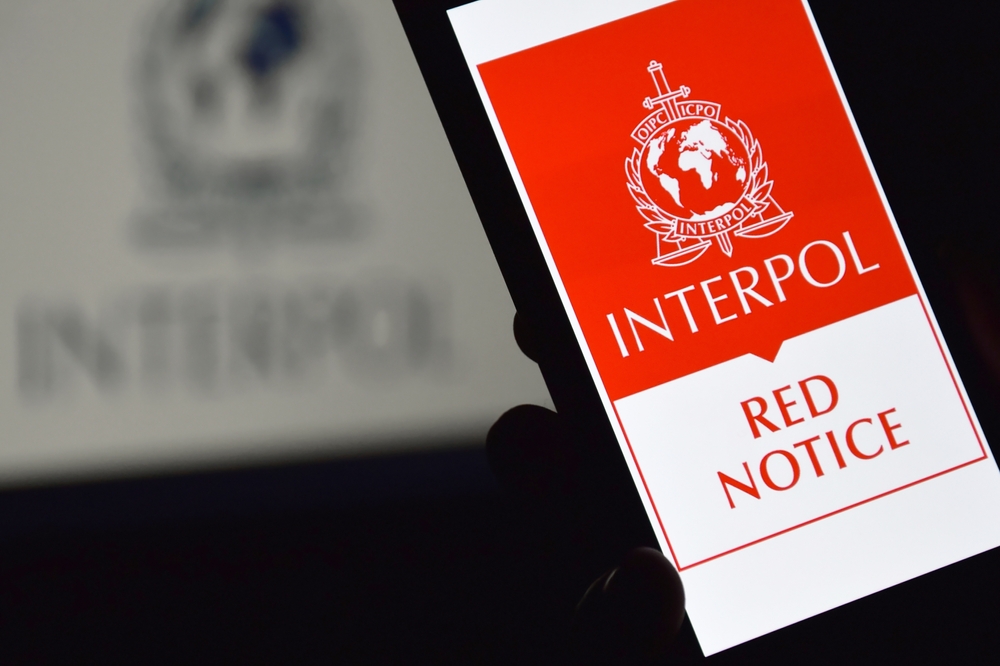The European Parliament has recently adopted a new cooperation agreement with Interpol. The report was adopted with 607 votes in favour, 13 against, and 11 abstaining.
There were a number of concerns voiced by the European Parliament. MEPs noted that Interpol’s Red Notices, which are requests to arrest a person in another country, have been used in politically motivated ways and were concerned that Interpol’s current processing of Red Notices is not transparent enough. To improve this, MEPs would like to see annual publishing of data on Red Notices broken down by country. The data could then be used to create risk profiles for abusive notices and diffusions.
The concern is that authoritarian regimes may continue to try to abuse the Interpol system. Therefore MEP’s suggested that the Commission should establish an EU verification mechanism to exchange information about abusive notices and remove them where necessary.
Conversely the MEPs would like to see the agreement grant relevant EU agencies greater access to Interpol Databases in particular:
- Europol (the EU Agency for Law Enforcement Cooperation),
- EPPO (the European Public Prosecutor's Office),
- Eurojust (the EU Agency for Criminal Justice Cooperation), and
- Frontex (the European Border and Coast Guard Agency) – access to Interpol’s databases.
Speaking in support of the outcome, Bruno Min, Legal Director at Fair Trials stated:
“Oppressive regimes have long been manipulating Interpol’s tools to target refugees and political opponents abroad. Interpol has a duty to protect people from this abuse, but we know very little about how it intends to do so. All we really know is that this abuse keeps happening and keeps putting people’s lives at risk.
“Today, the European Parliament has recognised the very real threat that Red Notice abuse poses to people across the globe. MEPs have made a strong statement that Interpol simply isn’t doing enough to protect people. We join them in urging the Commission to take action to ensure that Interpol improves its transparency and safeguarding processes.”
The report sets out that Interpol is the world’s largest international criminal police organisation and that the EU, as the largest donor of funds to Interpol , has an important role to play in influencing the functioning of the organisation, notably in improving its transparency and accountability.
The MEPs called for a firm requirement that Interpol improves the transparency of its Red Notices and Diffusions review system, in particular of the role and work of its Notices and Diffusions Task Force.
After the vote, rapporteur Jadwiga Wiśniewska said :
“Interpol is the EU’s key partner in countering terrorism and fighting organised crime. However, EU-Interpol collaboration could be further tightened and formalised. My report establishes guidelines for negotiations on a co-operation agreement, and our key priorities are granting EU agencies direct controlled access to Interpol’s databases and tackling the misuse of Interpol’s red notices and arrest warrants. Also, given the geopolitical situation, I believe strongly that Russia should be excluded from Interpol following its unjustified aggression towards Ukraine.”
An agreement between the EU and Interpol continues to be negotiated, once agreed , the European Parliament’s consent is needed for its ratification.
There is significant concern amongst the human rights community that closer cooperation between the EU and Interpol should not come at the expense of human rights protection. There must be a balance struck between the need to fight crime and provide information to the EU law enforcement agencies but at the same time preserve the safety of targeted individuals.
The decision to refuse to suspend Russia from INTERPOL shows that even countries who breach international law and engage in abuse of the Interpol system are very difficult to exclude and the data that they provide is far from satisfactory.
Provided suitable safeguards can be implemented to prevent EU data being tainted by politically motivated Interpol requests closer cooperation may yet bring improvements in Interpol ’s transparency.
If you require legal advice from specialist Interpol Red Notice lawyers about any matter relating to Interpol, please contact us here . You can read more about us, here .




